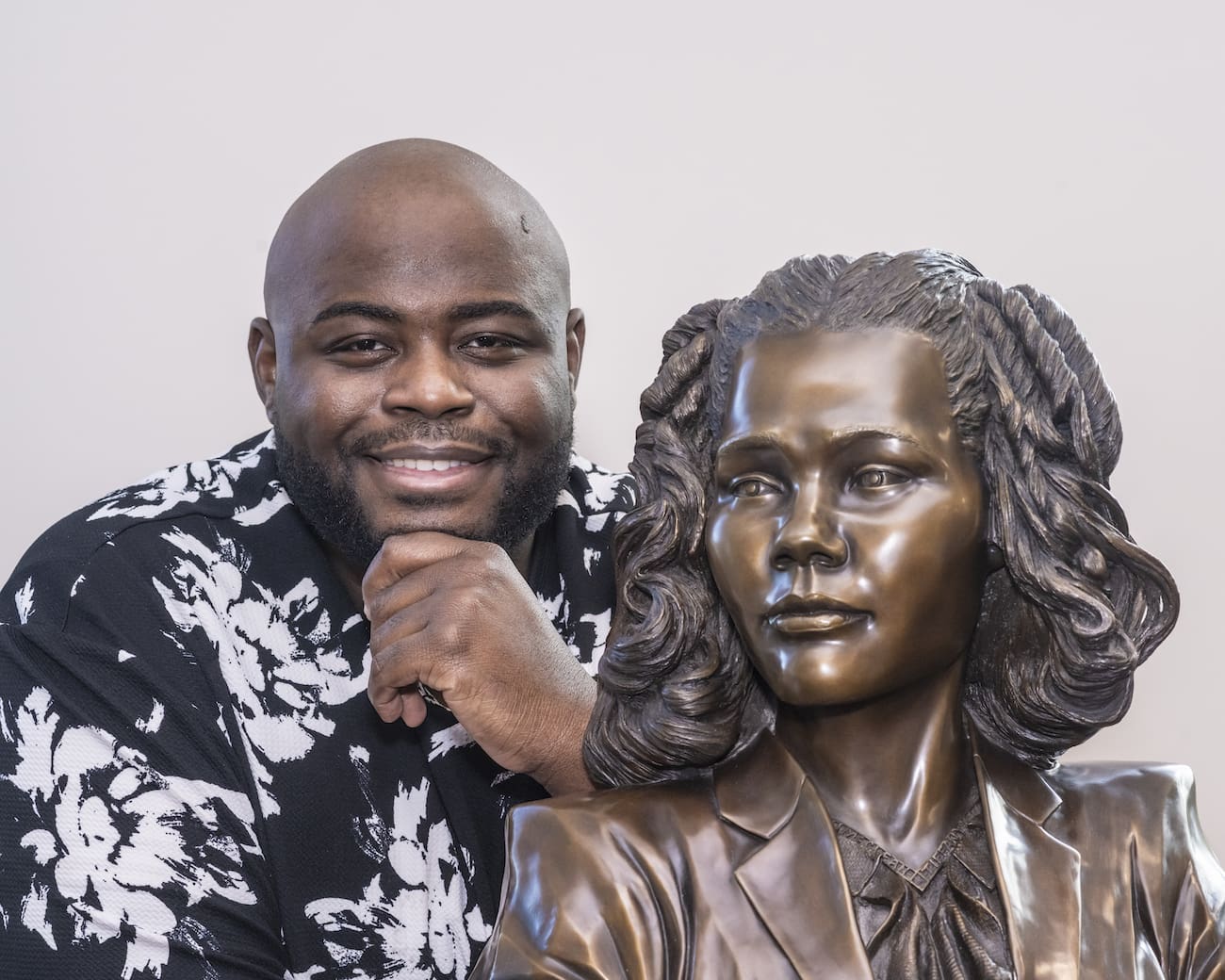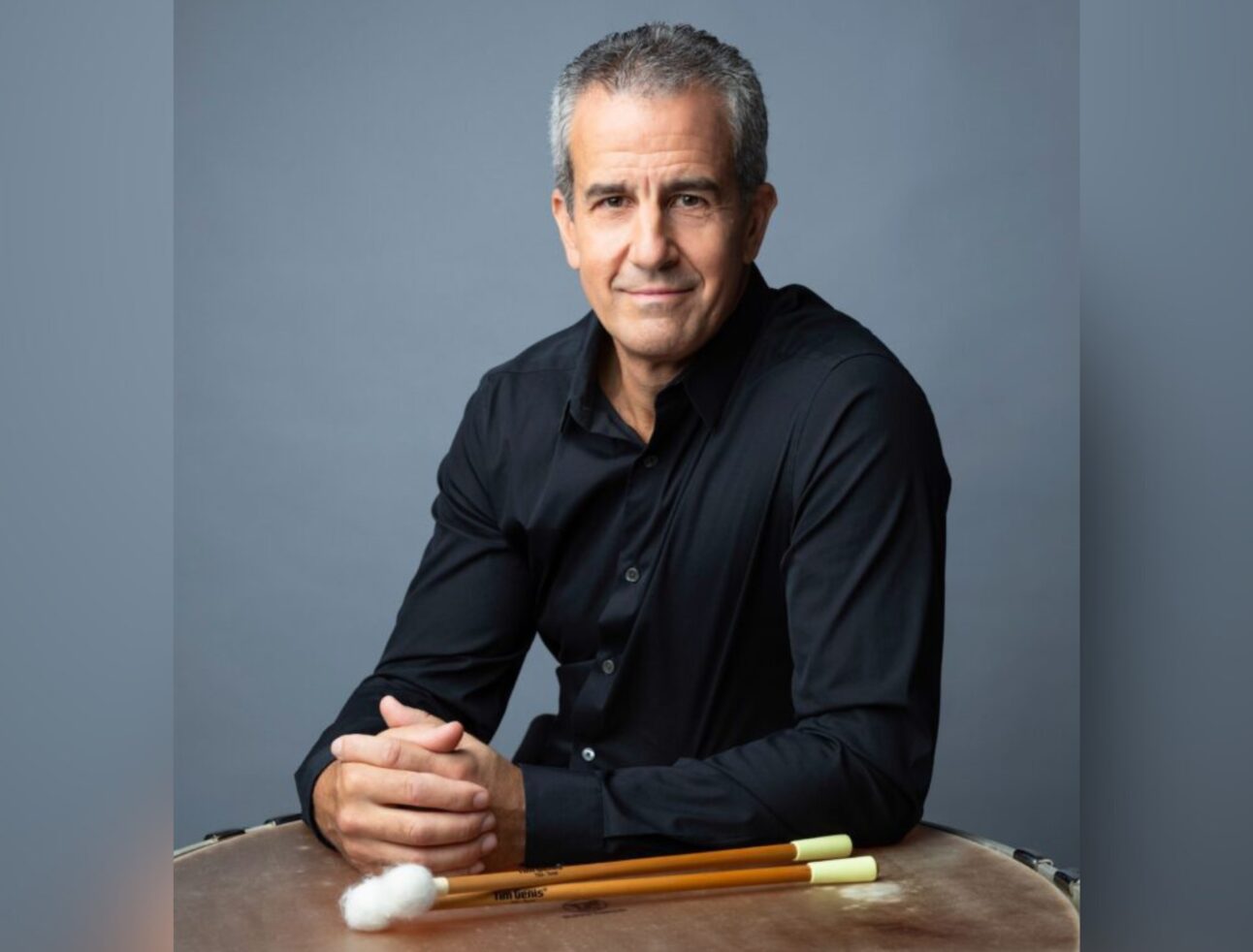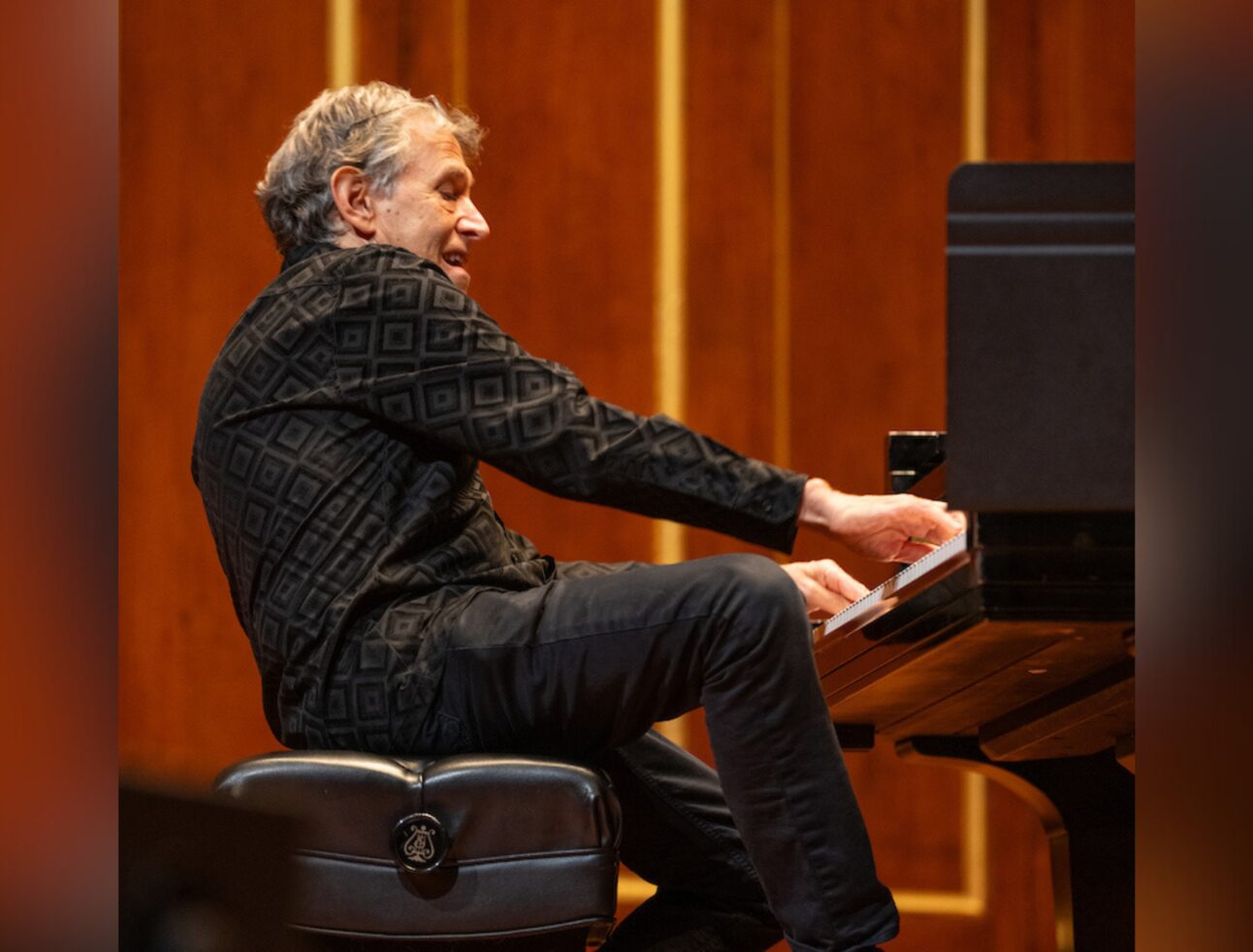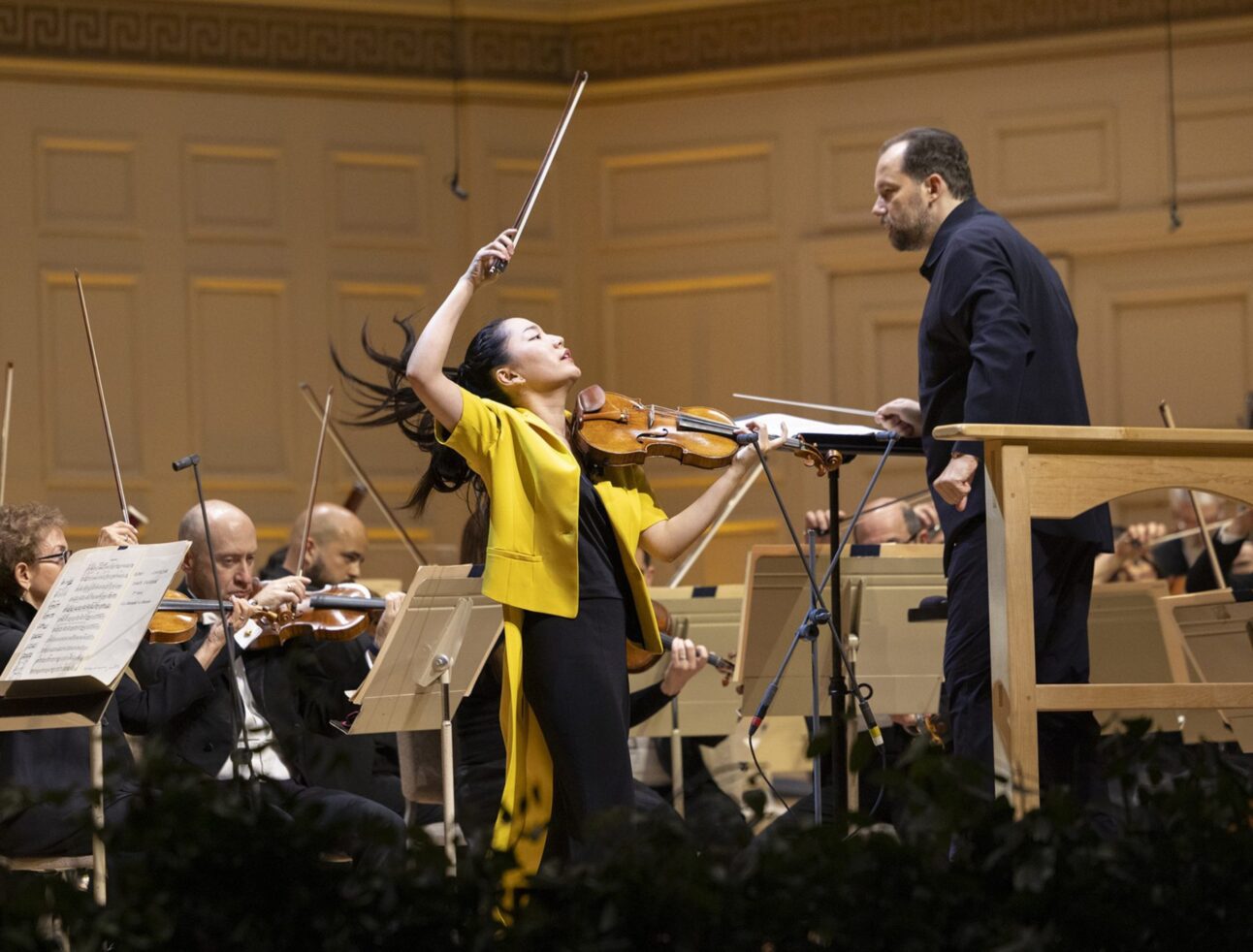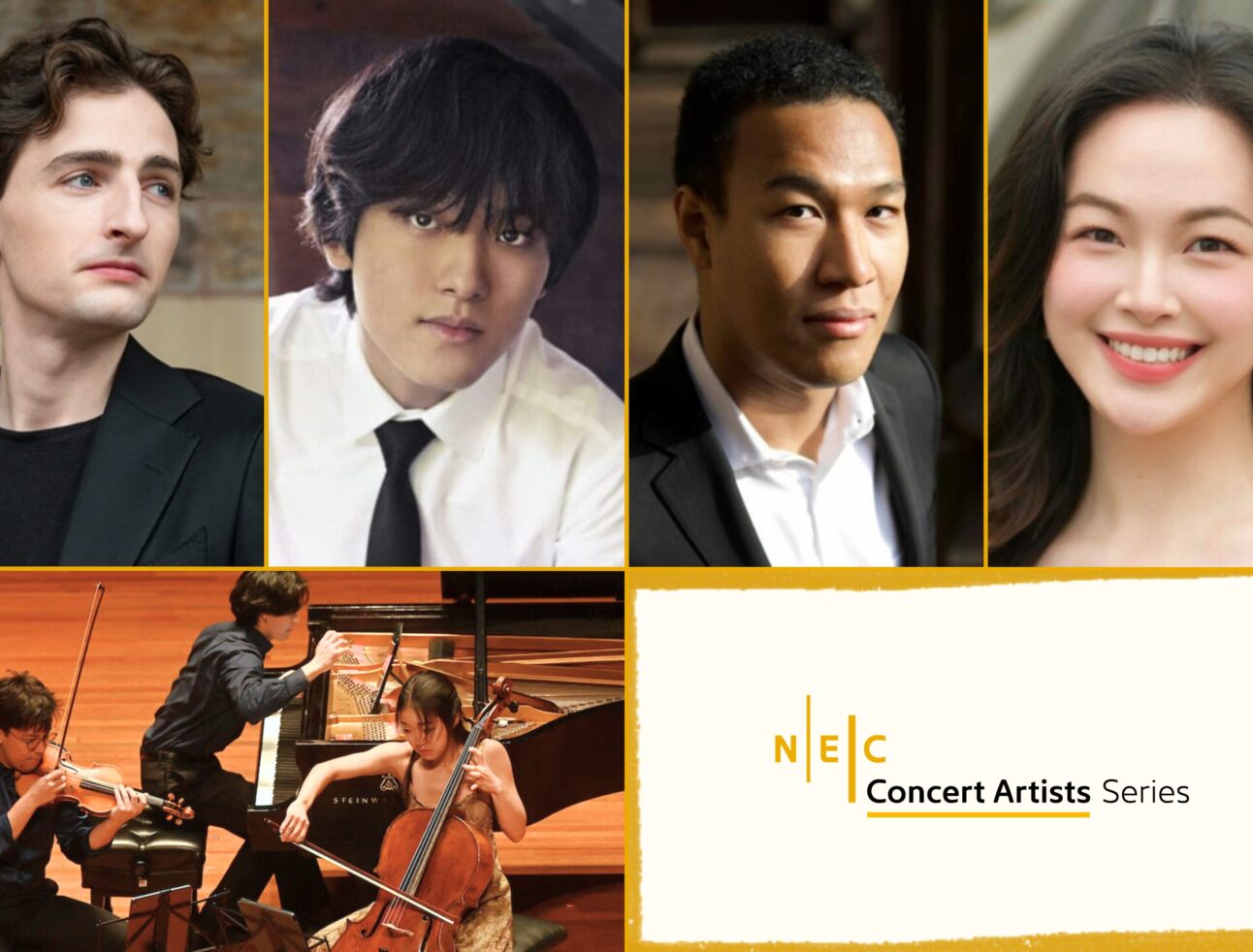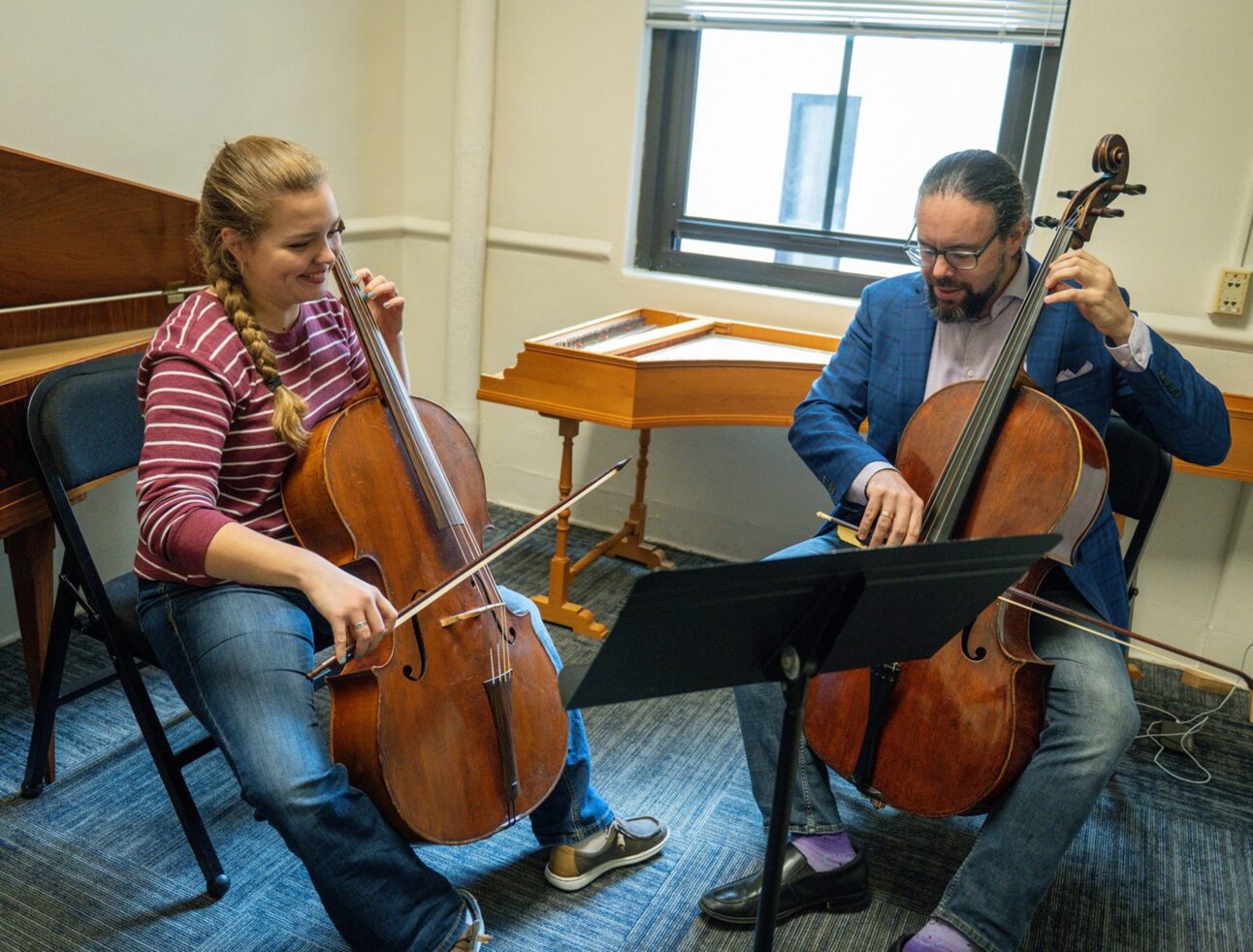On October 30, alumnus Daon Drisdom returns to NEC to commemorate the 70th anniversary of Coretta Scott King’s Conservatory graduation with a special program: “Embracing Coretta.” Drisdom, a tenor, is set to perform a wide array of pieces, including Debussy’s “Romance” and spirituals such as “Honor, Honor” and “Witness.” Drisdom will also take center stage for the world premiere of J. Jakari Rush’s “Dear Coretta,” a piece commissioned for the show inspired by a love letter Dr. Martin Luther King, Jr. wrote to Coretta in 1952. The full program will honor Coretta’s life story, highlighting her work as a singer during the Civil Rights Movement.
While the show means a lot to Drisdom, when asked what it means to perform in it, he says, “To share this space where I know Black greatness has been, it makes me feel so proud…I feel chosen, I guess you could say, and also very grateful.”
Drisdom is no stranger to performing in powerful pieces that focus on the Black experience. Earlier this year, he had a chance to sing in the Pulitzer Prize-winning show Omar, inspired by Fula Islamic scholar Omar Ibn Said’s 1831 autobiography, with the Boston Lyric Opera. “I wasn’t prepared for how that [performance] would impact me emotionally,” Drisdom says of the powerful show that follows Omar’s quest to remain true to himself, his heritage, and his faith after being sold into slavery. “The story was written by the main character, and what I found is that we carry those experiences with us, whether we know it or not…I had no idea how much I would want to hold up that mantle.”
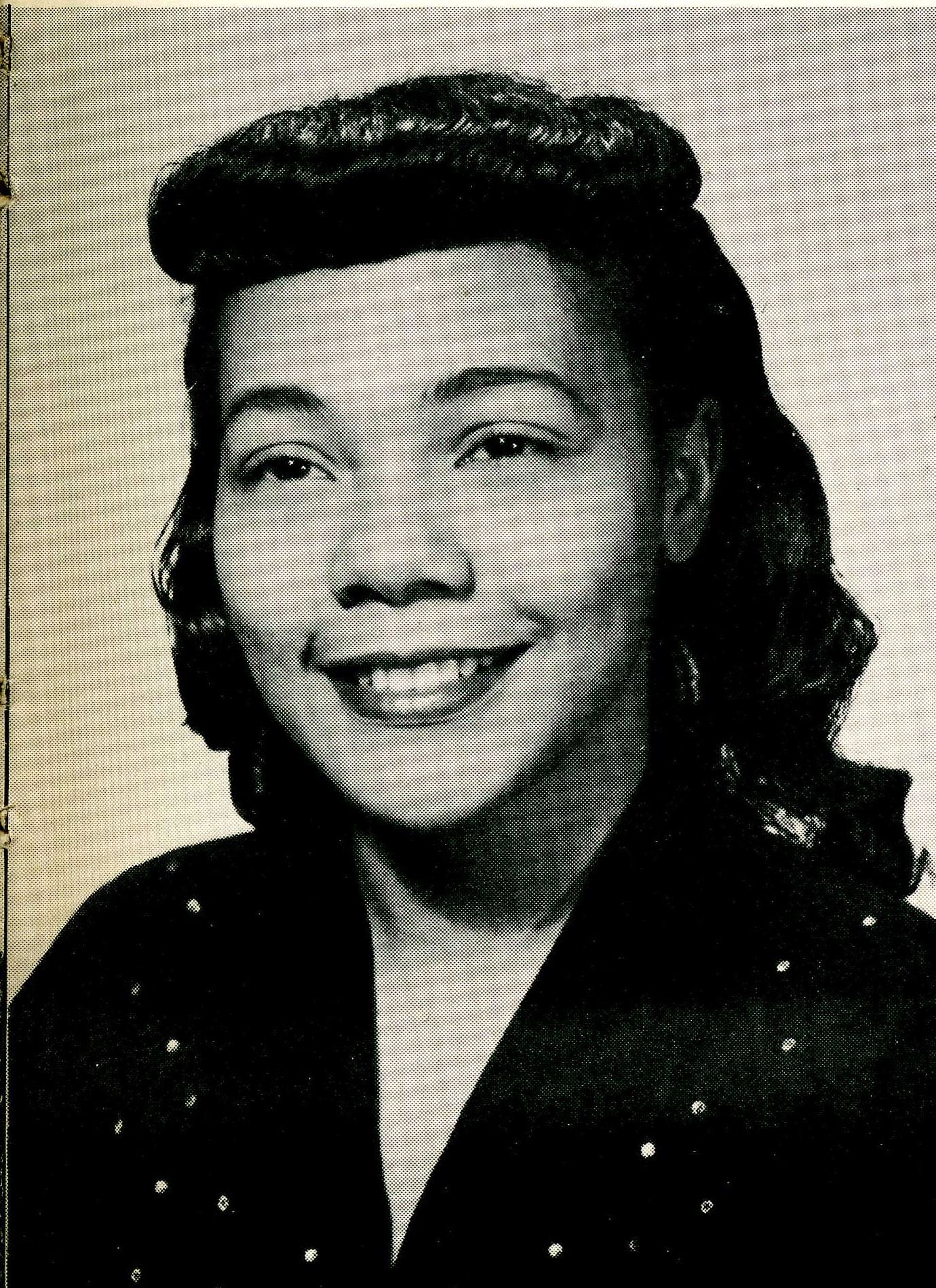
Now, Drisdom carries the mantle into this new performance with an almost reverence. “Walking into NEC, knowing what I’m preparing for…knowing that I’m commemorating Coretta Scott King is honestly unexplainable because Coretta Scott King walked these halls, you know, she stood in Jordan Hall where we will be singing and performing.” Drisdom shakes his head as he smiles. “And I know that her singing was not just about her. [The music] was about lives, safety, the sanctity of humanity, and protection of humanity. Those concerts she sang were solely for that purpose. To say that [performing in this show] is an honor is an understatement.”
Drisdom’s journey to this Coretta Scott King performance wasn’t a straight line. Initially, Drisdom went to school for engineering as a way to meet familial expectations. But, after a lifetime of singing in his church’s choir and other vocal groups, the pull to music was too strong to resist.
“It’s like Moana,” he says. “The call isn’t out there; [music] is inside me. It reminds me of who I am because music is a huge part of my life. I mean, from the time I was a kid, I was always singing. I was singing in church, I was singing in the shower. I was yelling all around the house. And [my family] was telling me to shut up. I’d be quiet for five minutes, then do it again, you know? So [the pull] is there, and it’s strong.”
The pull would change Drisdom fundamentally, leading him first to his singing teacher at Augusta University, NEC alumnae Tonya Currier ‘85 MM, and later to Carole Haber ‘83 MM, who served as his NEC mentor. According to Drisdom, his preparation for “Embracing Coretta” is directly tied to the support he received from NEC faculty members: “I came to NEC in the midst of a vocal transition, but people like Tim Steele, Tanya Blaich, Cameron Stowe, Dominique Eade, my teacher, Carole Haber, and Josh Major saw potential in me…There were people in my corner who could see what I had to offer. And even when something wasn’t going right vocally, they always reminded me that I had something to say, that my gift was valid, that what I have to say on stage matters.”
As a Black performer, Drisdom says he knows all too well what it’s like to be made to feel like his voice doesn’t matter. A Southern transplant, Drisdom was shocked by the all too familiar feeling of being discounted and disregarded as a Black musician in Boston. To him, that makes his role in the program all the more meaningful.
“I wonder what it was like for Coretta and Martin Luther King. How much has changed? How much has stayed the same?” he asks, noting how important it is for Black musicians to raise their voices. For Drisdom, the concert is a visitor’s opportunity to “hear good music that is just as reputable as Debussy or Mozart.”
Spirituals, which are religious songs that evolved from enslaved African Americans as a mechanism for hope and survival, will play a large role in the “Embracing Coretta” program. These songs are deeply impactful to Drisdom, who says, “The sentiments of what those songs mean are just what needs to be told…When I sing, I think of Coretta, I think of Martin, I think of people from our community.”
Drisdom goes on to say, “I’m not so far removed from slavery…My great-great-great grandmother, whom I was fortunate enough to meet a couple of times before she passed when she was 102, was the child of a white man. [Her parents] could not keep her because her grandfather was a slave owner. She was given up and cared for from a distance. I’m not so far removed from that, just a few generations, which is not a long time.”
The overlap between Drisdom’s and his family’s experiences and Coretta’s makes this show personally significant. The spirituals he will perform at the October 30 concert are ones he sang in church with his grandfather.
When he sings, Drisdom says he feels the weight and presence of those who came before: “I carry people like Coretta Scott King with me. The more music I learn about Black artists and composers who I don’t even know, I take them with me. When I sing these songs, songs I sang in devotions at church, I take my grandfather with me…I think of my Aunt Baby, who sat on her porch in her rocking chair and shared the gift of the Spirit with me…[Music] is a shared experience, a connection of elders to the youth.”
Drisdom currently brings that experience to his students at the Boston Latin Academy, where he teaches and is building up a choral program. With him, students learn to be comfortable and confident with their talents as singers. Though only in the first few weeks of a new school year, Drisdom is proud to see a sense of community developing in his classroom. He hopes to bring that same empathy and connection to his “Embracing Coretta” performance. Given Drisdom’s passion for this show, the night will no doubt be memorable.
You can stay up to date with Drisdom on his Instagram @daondrisdom.
